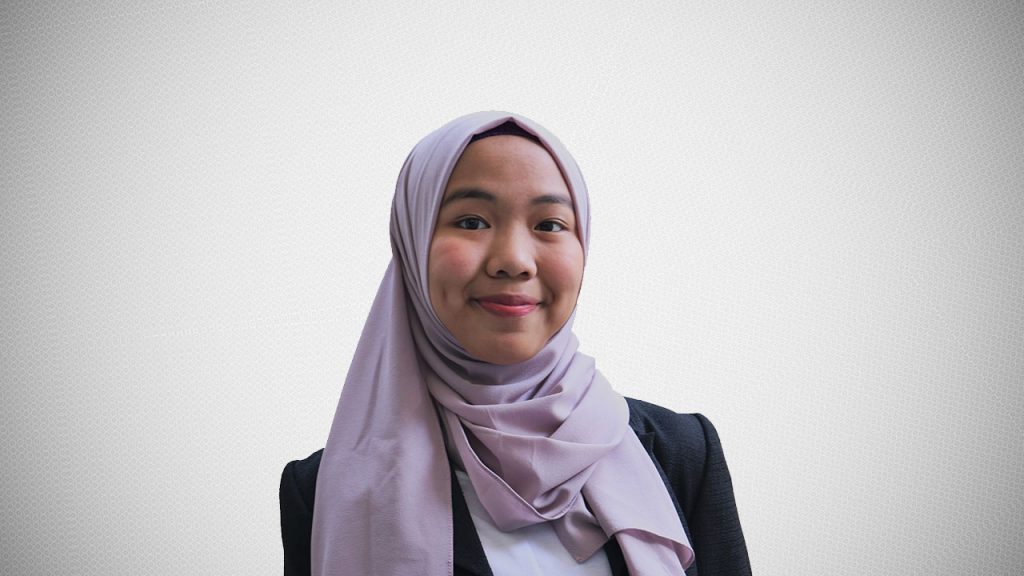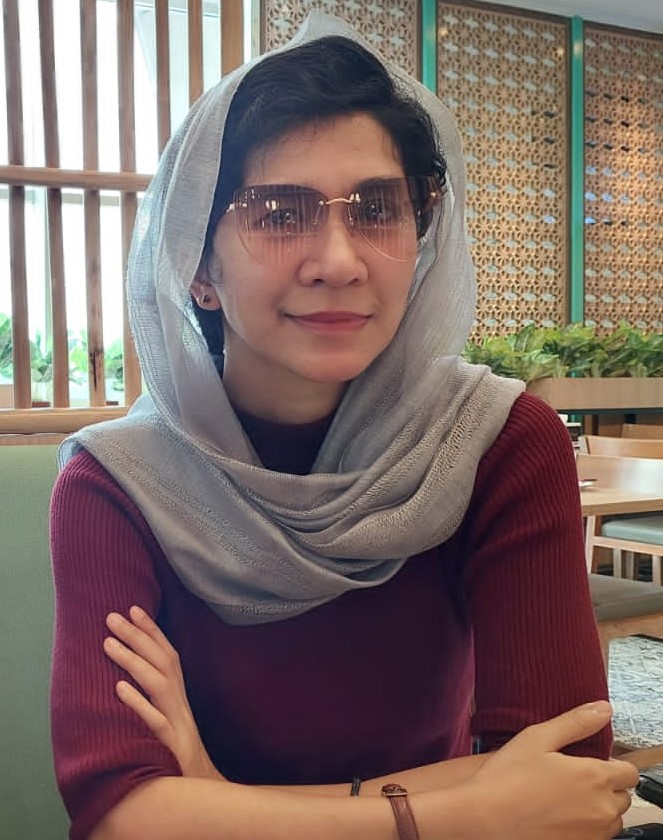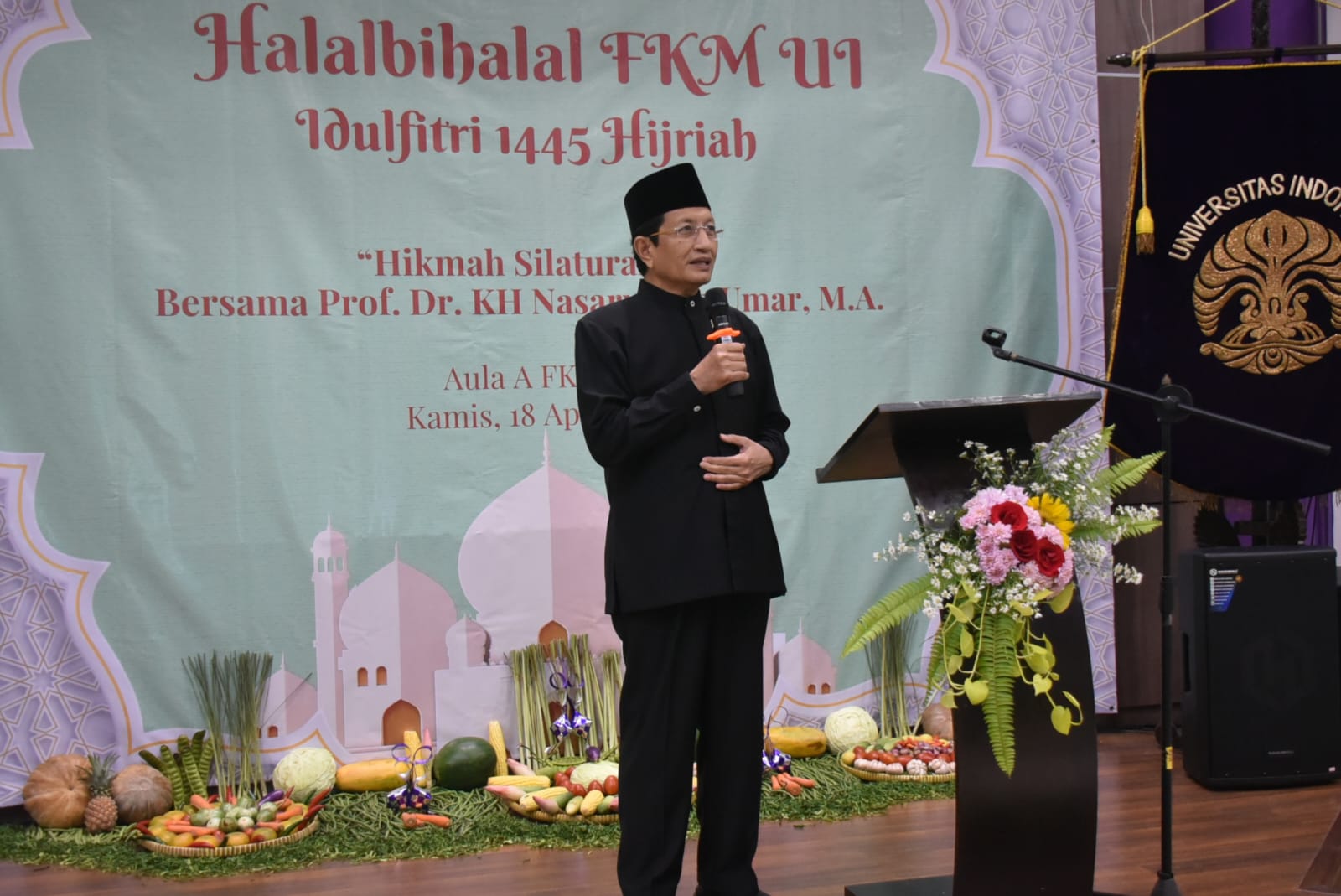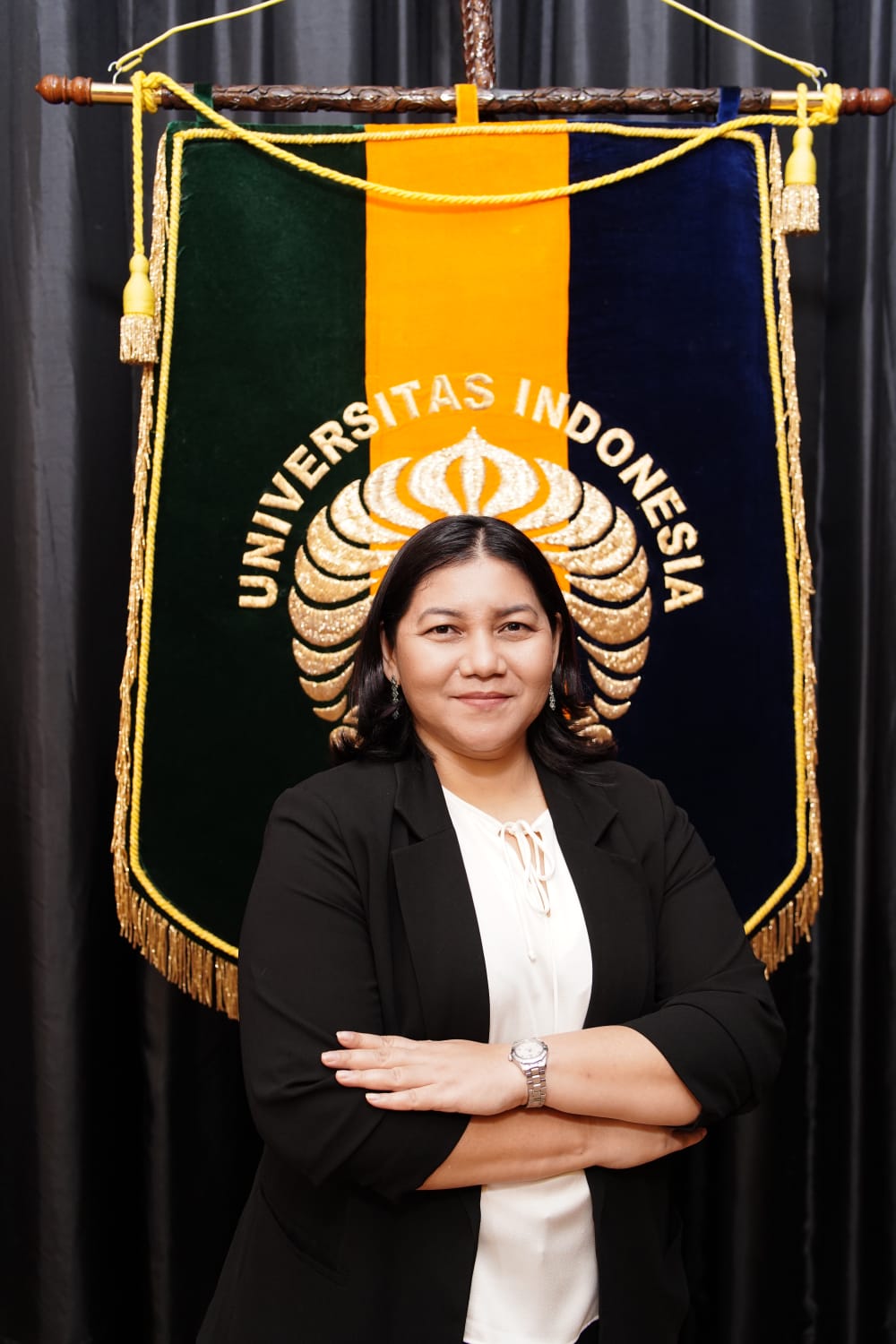
Fathinah Asma Izzati, a student of the Faculty of Computer Science Universitas Indonesia (UI) Computer Science study program, class of 2018, represented UI in the University Innovation Fellows (UIF) program organized by Stanford University’s Hasso Plattner Institute of Design (d.school). He is one of 255 students from 65 higher education institutions from 15 countries, who have been selected for the 2021 UIF program.
Before joining the UIF program, Fathinah participated in training mentored by Muhammad Hafizhuddin Hilman, Ph.D, a lecturer at the UI Faculty of Computer Science. Fathinah was trained with Muhammad Ziddan Hidayatullah (Geophysics Faculty of Mathematics and Natural Sciences UI), Richard Addyanto (Electrical Engineering Faculty of Engineering UI), and Sheila Firda Annisarahma (Management Faculty of Economics and Business UI). During the six-week training, participants are encouraged to create solution-based innovations to the problems of their respective universities.
“By choosing our students to participate in this UIF program, we hope that universities are able to produce graduates who can answer the complex challenges faced by the world today, and make students agents of change who have a global perspective on our campus. beloved”, said Ari Saptawijaya, Ph.D, Vice Dean for Education, Research, and Student Affairs at Faculty of Computer Sciences Universitas Indonesia.
The UIF program encourages selected students to increase campus engagement with innovation, entrepreneurship, creativity, and design thinking. The students in this program come from schools all over the world. They will create opportunities to help their peers build the confidence, agency and entrepreneurial mindset needed to tackle global challenges. In addition, participants also created student innovation spaces, started entrepreneurial organizations, facilitated workshop experiences, worked with faculty and administrators to develop new courses, and more.
In addition, they serve as advocates for institutional change with academic leaders, accommodating the many student voices that are much needed for dialogue about the future of higher education.



